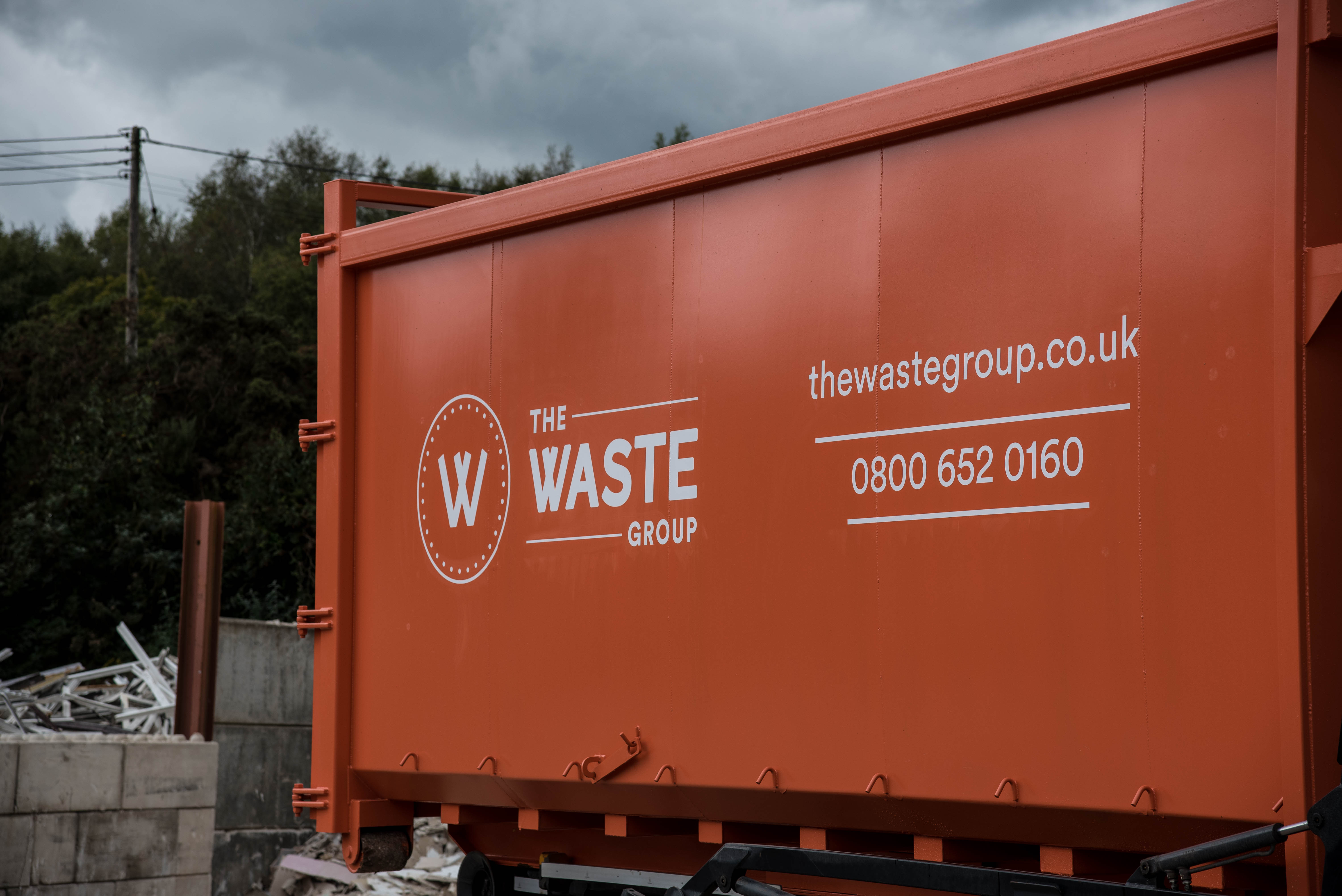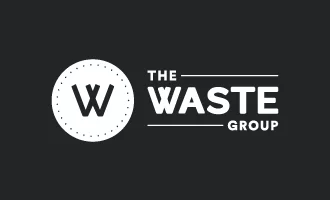The Impact of Waste Tipping on Rubbish Management: What You Need to Know

The Impact of Waste Tipping on Rubbish Management: What You Need to Know
Here’s a tip: start incorporating waste tipping into your waste management routine! Tipping is one of the most efficient and environmentally responsible ways to handle household and commercial waste. It ensures recyclable materials are correctly processed, maximises energy recovery, and drastically reduces the amount of waste sent to landfill.
In this guide, we’ll explore what waste tipping is, how it benefits both the environment and the economy, and how you can make tipping part of your sustainable waste management habits.
What Is Waste Tipping?
In simple terms, a “tip” is a recycling centre or waste disposal facility. Decades ago, most waste was literally “tipped” into landfills and left to rot — but modern waste management has evolved far beyond that. Today, waste tipping refers to the responsible process of taking rubbish to a recycling or tipping facility, where it’s sorted into categories such as wood, metals, plastics, and green waste.
At modern recycling centres, visitors are encouraged to separate waste and recycle as much as possible. Some areas even have specialised tipping facilities for different types of waste — such as green waste tipping in Wareham or recycling centres in Swanage. The small percentage of residual, non-recyclable waste is then taken to landfill, making it essential to recycle everything you can.
The Economic and Environmental Impact of Tipping
While tipping may include disposal fees, those charges directly fund responsible waste handling and recycling efforts. Your contribution helps cover the cost of staff, recycling machinery, and transportation — all crucial components of an efficient, eco-conscious waste system.
Recycling centre tipping reduces the need for landfill space and prevents harmful environmental side effects. When waste is dumped into landfills, toxic chemicals and microplastics can leach into the soil and water, harming wildlife and local ecosystems. In contrast, properly managed tipping facilities recycle materials into reusable raw products, protecting natural habitats and supporting a circular economy.
In short, responsible tipping benefits everyone: it minimises pollution, supports local employment, and keeps your community cleaner and greener.
Tipping Fees and Regulations
Recycling centres calculate tipping fees based on waste type, weight, and quantity. If you bring a large load, you may be required to weigh your vehicle before and after disposal to determine the exact amount of waste tipped.
Licensed waste carriers and tipping facilities must comply with strict environmental standards. They’re regularly inspected by local authorities to ensure waste is managed responsibly and diverted from landfill whenever possible. These regulations guarantee transparency, safety, and compliance with the Environmental Protection Act 1990.
Best Practices for Quick, Sustainable Tipping
1. Proper Waste Segregation
Before heading to the tip, sort your waste into categories like wood, plastic, metal, rubble, and general waste. Pre-sorting saves time at the facility and prevents contamination between recyclable materials, which can render some waste unrecyclable. You can learn more about proper segregation in our guide to construction waste segregation.
2. Reducing Waste
The most effective way to lower tipping costs — and your carbon footprint — is to create less waste in the first place. Follow the “Reduce, Reuse, Recycle” hierarchy. Minimise packaging, buy in bulk, and consider reusing materials before discarding them. You can also explore our post on how waste management impacts climate change for practical sustainability tips.
3. Choosing the Right Disposal Site
Always use a licensed tipping facility that accepts a wide range of waste types. Comprehensive services, like those offered at The Waste Group’s tipping facilities, make waste disposal faster, easier, and more sustainable. Choosing a local tip also reduces emissions from transport and supports your regional recycling infrastructure.
The Role of The Waste Group in Responsible Tipping
At The Waste Group, responsible tipping is central to how we manage waste. We ensure that every item — from rubble to recyclable plastics — is handled safely and sustainably. Our tipping facilities in Dorset are designed to make waste disposal easy for both homeowners and businesses.
Whether you’re clearing out your garden, renovating your property, or managing commercial waste, you can trust our experienced team to recycle responsibly. Visit one of our local sites or contact The Waste Group today for expert advice on waste tipping and disposal.
Frequently Asked Questions About Waste Tipping
What is waste tipping?
Waste tipping refers to taking rubbish to a licensed recycling centre or disposal facility, where it’s sorted by material type for recycling or safe disposal. Learn more about our tipping services.
Why should I use a tipping facility instead of landfill?
Tipping at a recycling centre ensures waste is processed responsibly, maximising recycling and reducing harmful landfill emissions and soil contamination. Read more about England’s waste strategy.
How much does tipping cost?
Tipping fees vary depending on waste type and weight. Charges help fund safe waste handling, recycling processes, and staff at the facility. Contact us for a custom quote.
Can I bring any type of waste to a tip?
Most tipping facilities accept a wide range of waste, including garden, construction, and general household waste. For restricted items, see our guide on what not to put in a skip.


